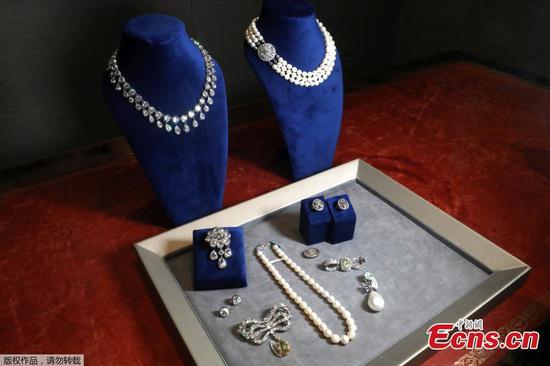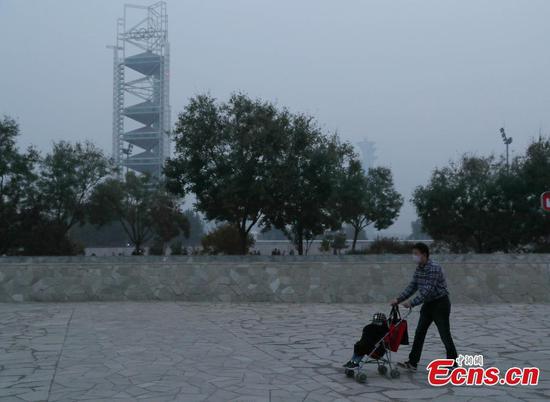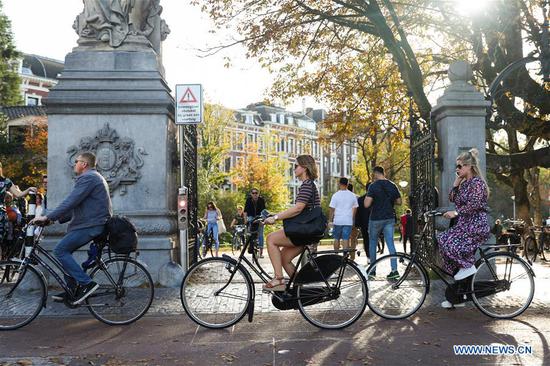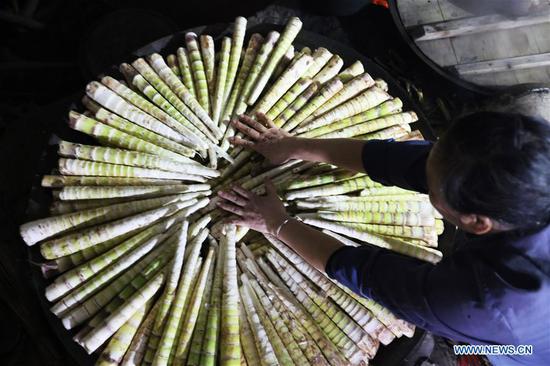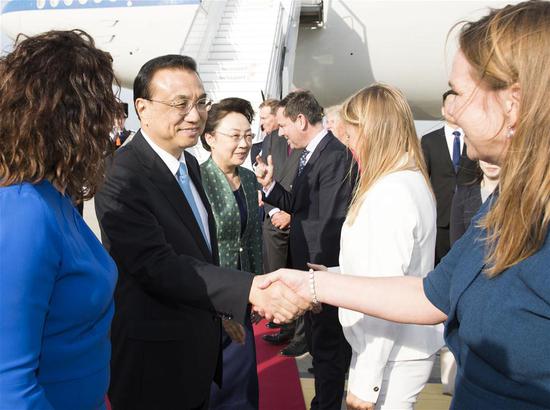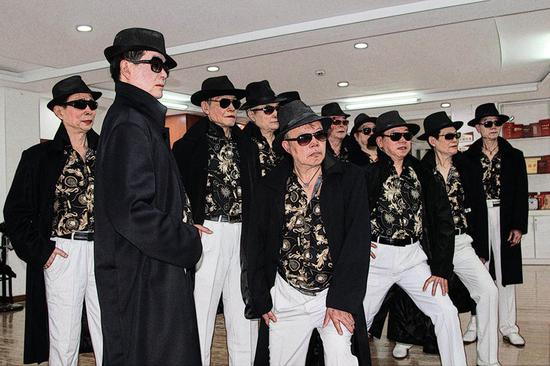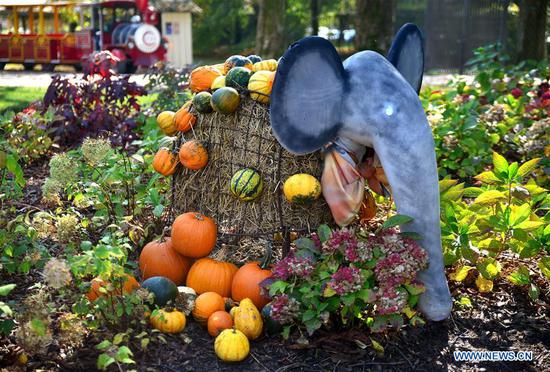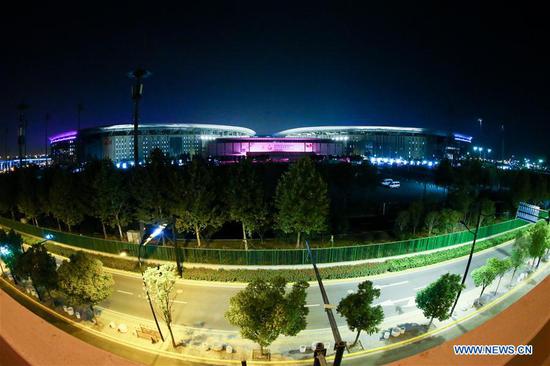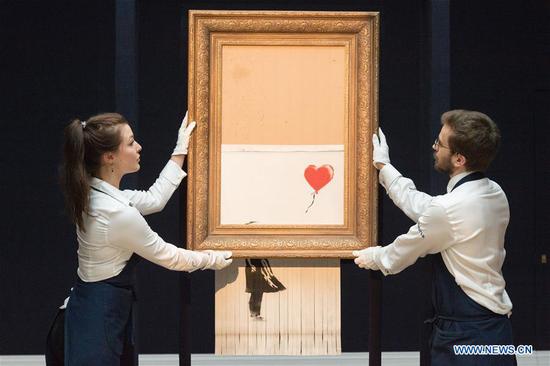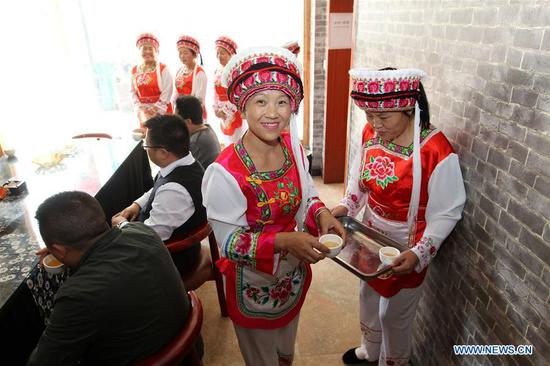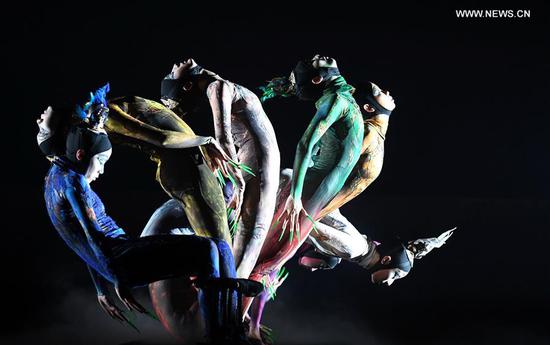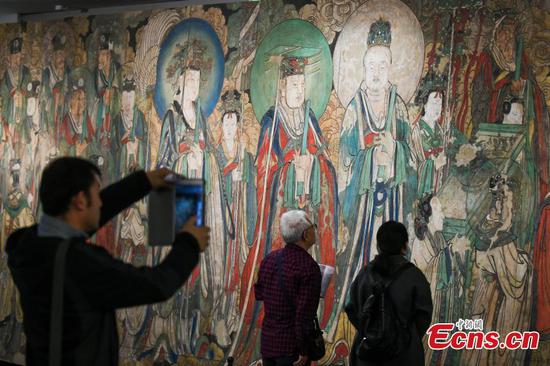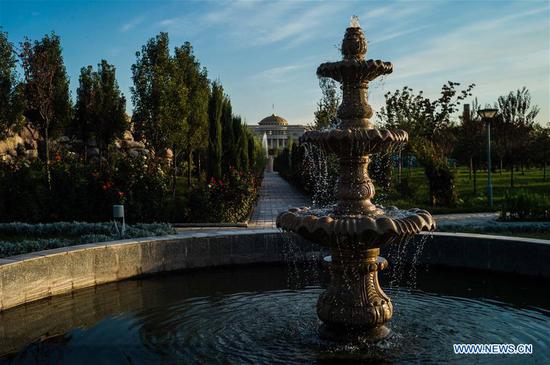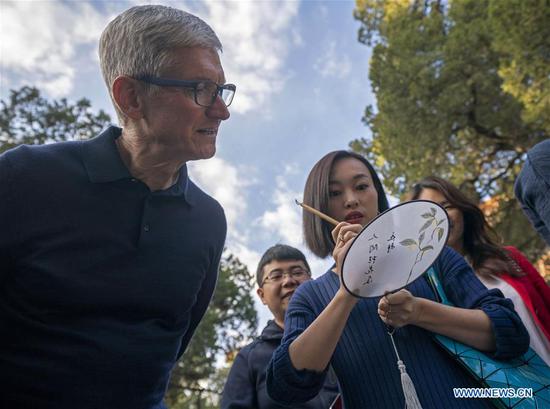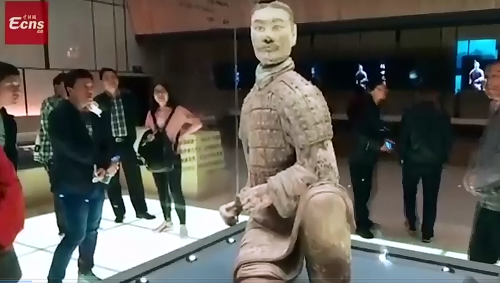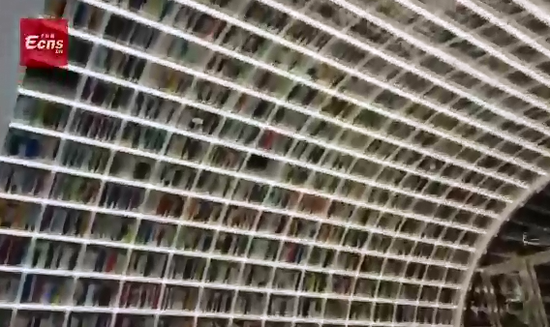The British Museum launched a program entitled Collected Histories on Friday, a series of monthly talks defending the museum against criticism aimed at its colonial-era acquisitions.
The talks, according to the museum, are meant to provide a "more nuanced" view on how relics from other nations found their way into the museum's collection.
"A lot of our collections are not from a colonial context; not everything here was acquired by Europeans by looting," Dr Sushma Jansari, the curator of the Asian ethnographic and South Asia collections at the British Museum, told the Guardian on Friday.
However, the talks did not have their intended consequence, as netizens from all over the world expressed their dissatisfaction.
"Not everything was looted, but most of the items were," Chinese netizen Damodaoke noted on Chinese social media platform Sina Weibo.
"Next they'll be saying of their empire, 'we didn't murder everyone,'" netizen NiallOMurchu commented on Twitter.
The target of criticism when it comes to how certain items entered its collection and its refusal to return any looted items back to their home countries, the British Museum was recently brought into the spotlight again after famous art historian Alice Procter began holding "Uncomfortable Art Tours" throughout London, tours aimed at exploring the relationship between the colonialism and the way plundered treasures are treated and displayed.
"There are a lot of partial histories and they tend to focus on the colonial aspect of the collecting, so you have a bunch of people who tend to be quite angry and upset," Jansari said, replying to the criticism directed at the museum.
Additionally, Jansari also mentioned that there is a lot of misunderstanding that British Museum paid no attention to the source of each collection. According to her, actually a numbers of people are working on the origins of these collections. "There is a range of contexts in which this material is collected" speaking of the purpose of holding this talk, Jansari told the media.
History of plunder
It's not surprising that Chinese netizens expressed anger online. According to data from the British Museum, around 230,000 Chinese treasures are currently part of its collection - the largest collection of Chinese relics in any Western museum.
While numerous ancient relics have been plundered from China during different time periods, one of the biggest thefts occurred in 1860, when British and French expeditionary forces reached Beijing and razed Yuanmingyuan, also known as the Old Summer Palace. Soldiers and officers that took part in the action ended up stealing numerous artworks from the palace.
Anger over the theft of these relics is not something limited to the people of today, at the time famed French writer Victor Hugo criticized the looting in his Expédition de Chine: "One day two bandits entered the Summer Palace. One plundered, the other burned…One of the two victors filled his pockets; when the other saw this he filled his coffers. And back they came to Europe, arm in arm, laughing away. Such is the story of the two bandits."
This anger continues today, especially in China.
"I think they should rename the British Museum a branch of the Old Summer Palace," netizen Xinboxiansheng noted on Sina Weibo.
Though this looting is a well-known part of history, the British Museum and other such institutions in the West still refuse to return plundered treasures to China.
In 2002, 18 museums published the Declaration on the Importance and Value of Universal Museums, arguing that looted treasures should not be returned to their homelands.
"We should not lose sight of the fact that museums too provide a valid and valuable context for objects that were long ago displaced from their original source," wrote the declaration.
"The universal admiration for ancient civilizations would not be so deeply established today were it not for the influence exercised by the artifacts of these cultures, widely available to an international public in major museums."
It is worth noting that all the museums which signed the declarations are in Western countries with historical ties to colonialism.
"I went to the Chinese exhibition hall of the British Museum once. My emotions were really complicated; I felt excited when seeing our treasures, but sad when I thought of how they arrived here," netizen Annawenjuan posted on Sina Weibo on Saturday.
"Do not blame them, they would have nothing to display if they returned them to us," Sina Weibo user Yessie noted.
Some netizens tried to find ways that both sides could win.
"Actually, I have a suggestion. Why doesn't Britain return all the treasures back to their original countries, and we can make replicas to send to them. Each year we exchange the items to be put on display. This is a win-win strategy that will benefit museum visitors all over the world," netizen Pijingzhanjidexiansheng noted.









